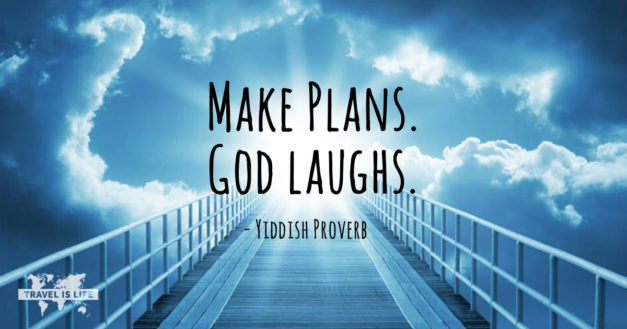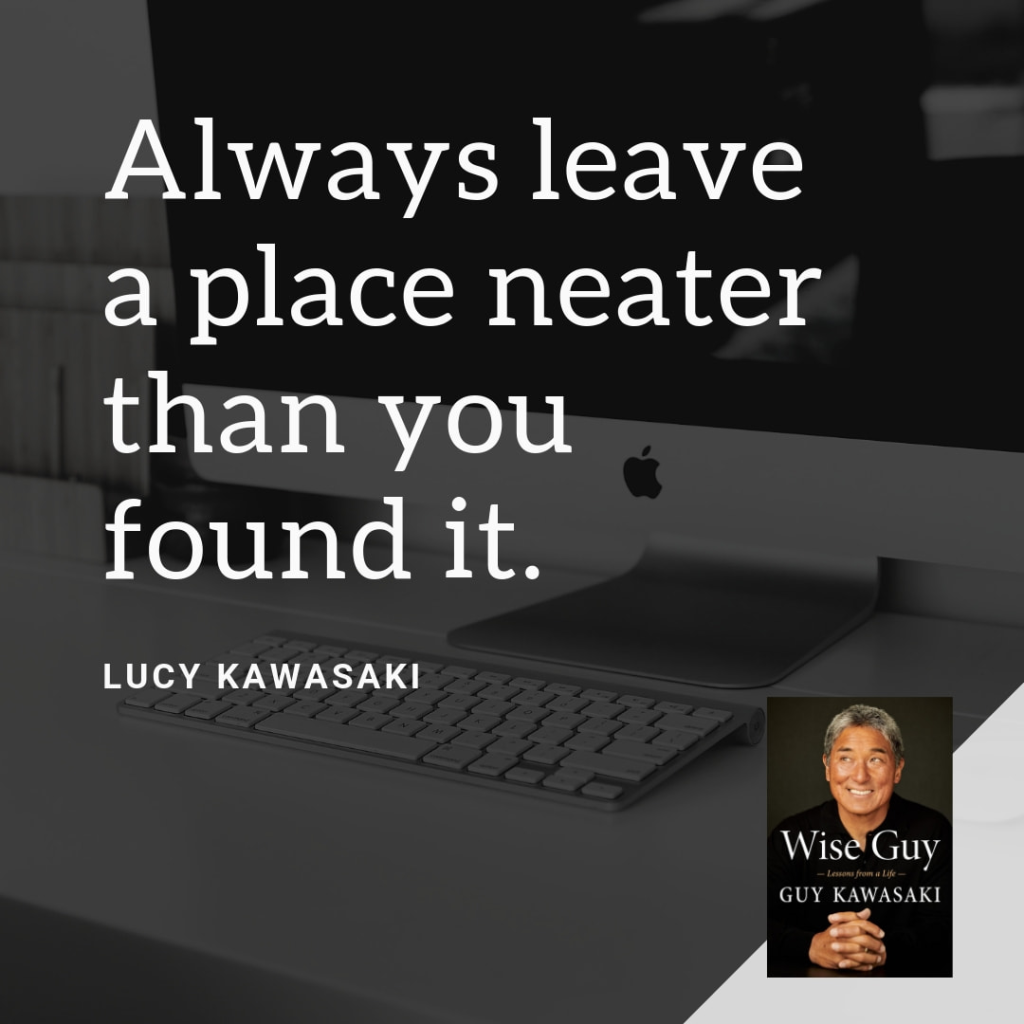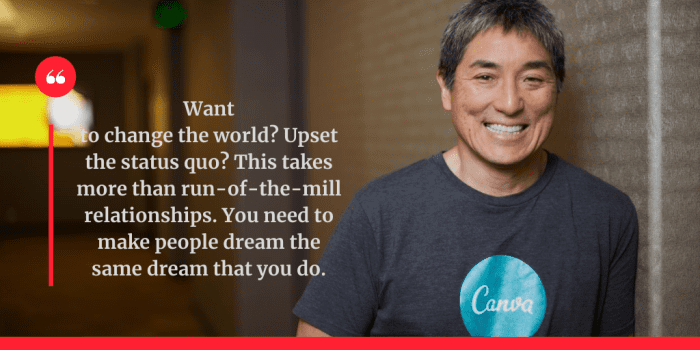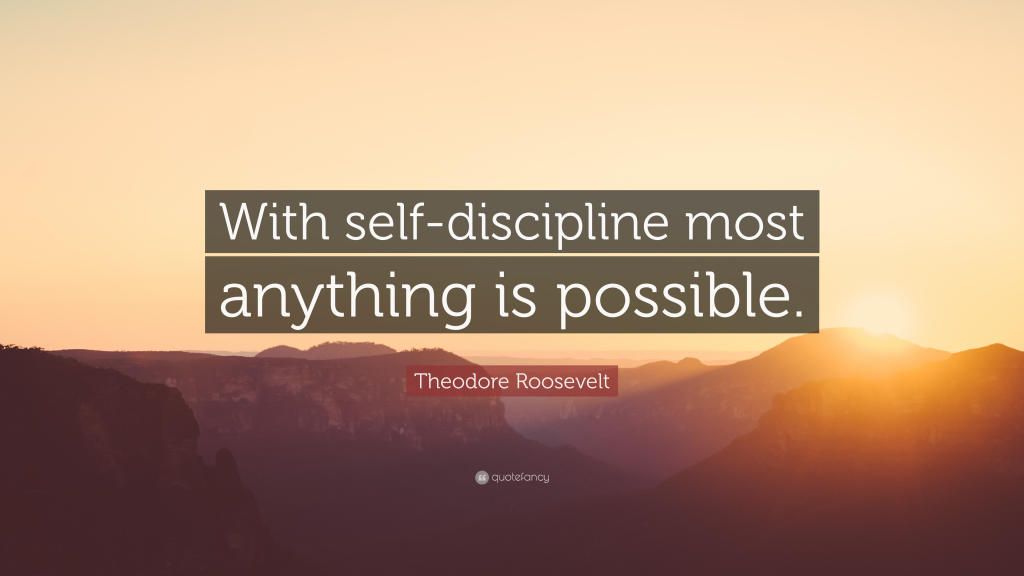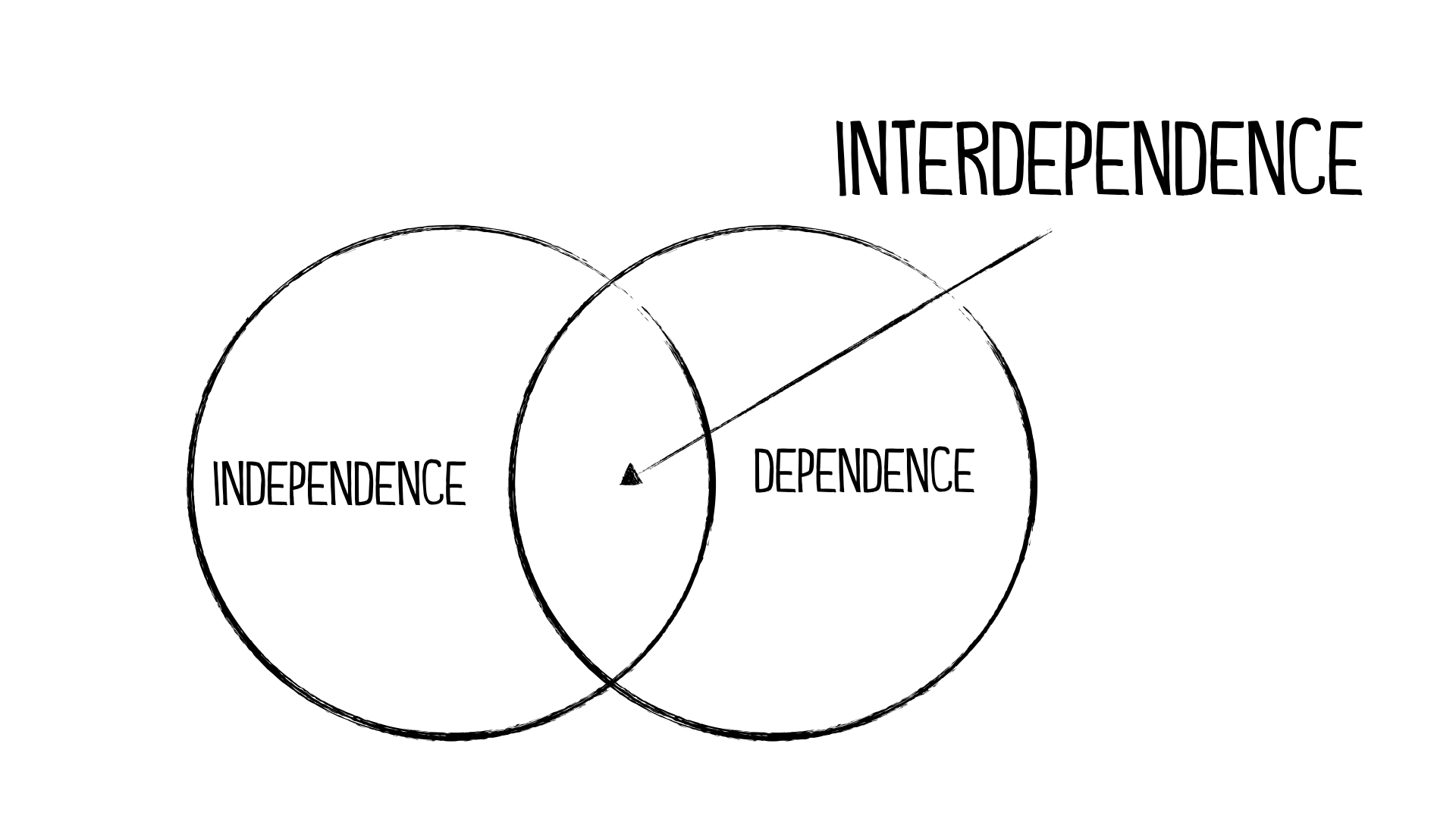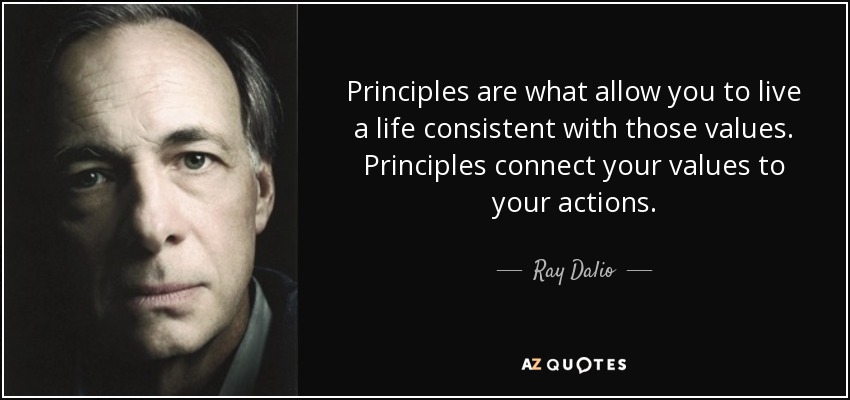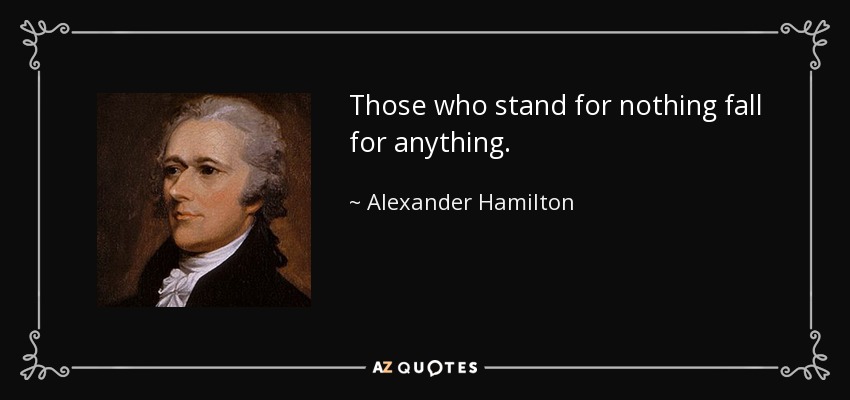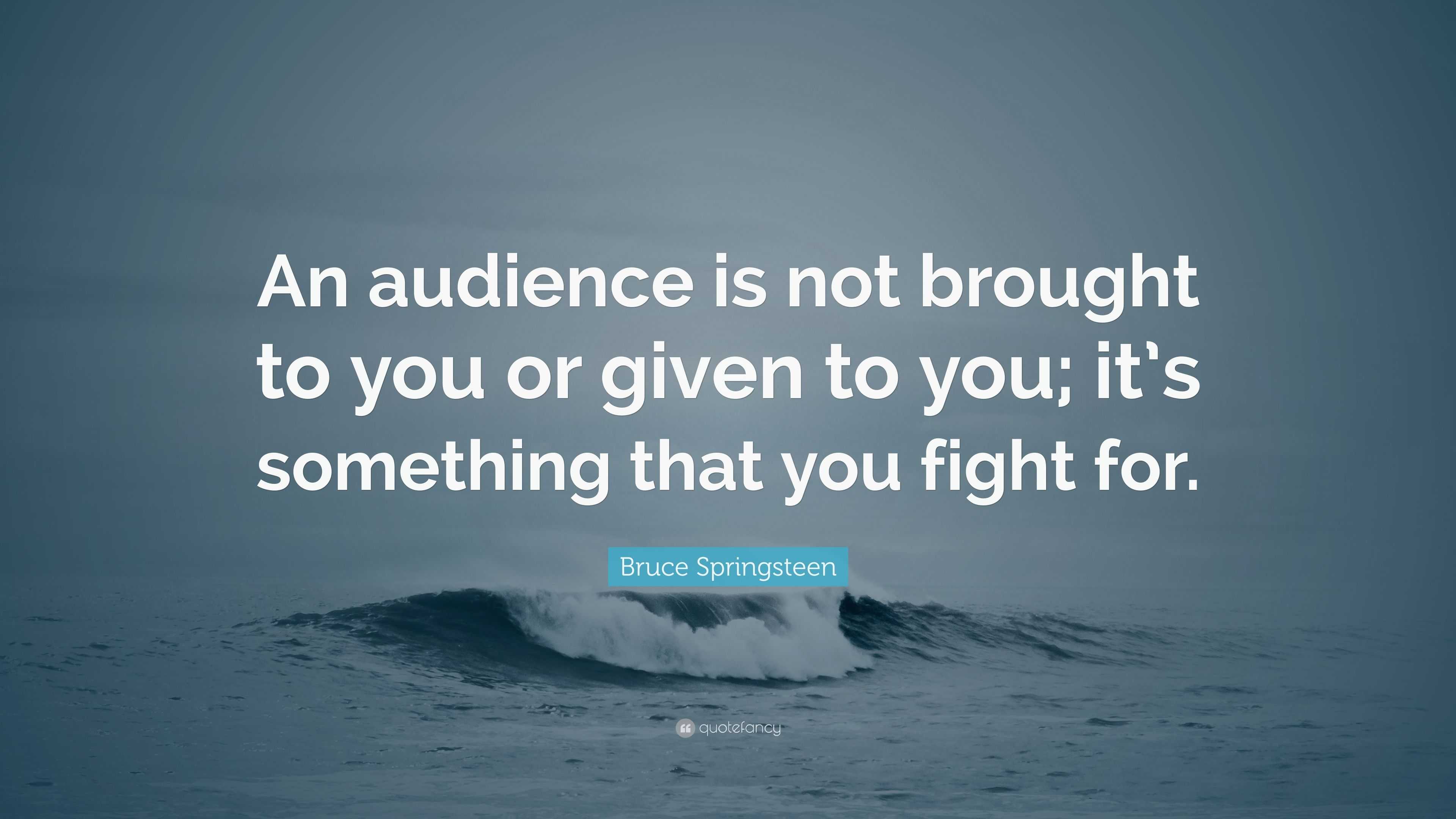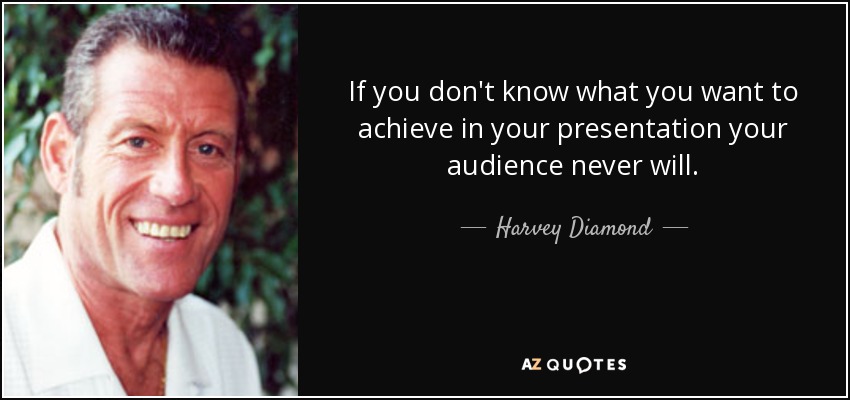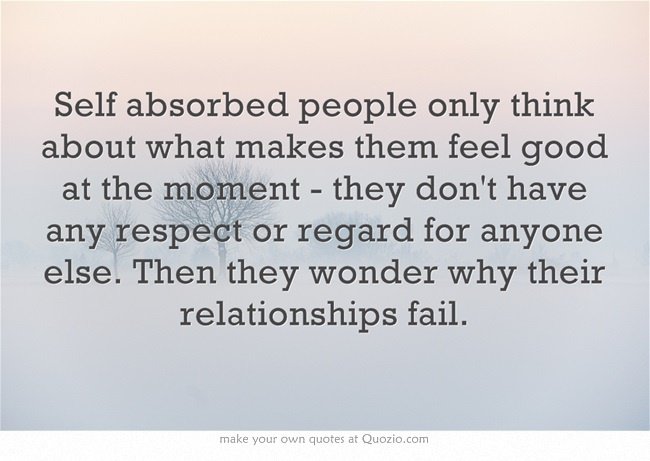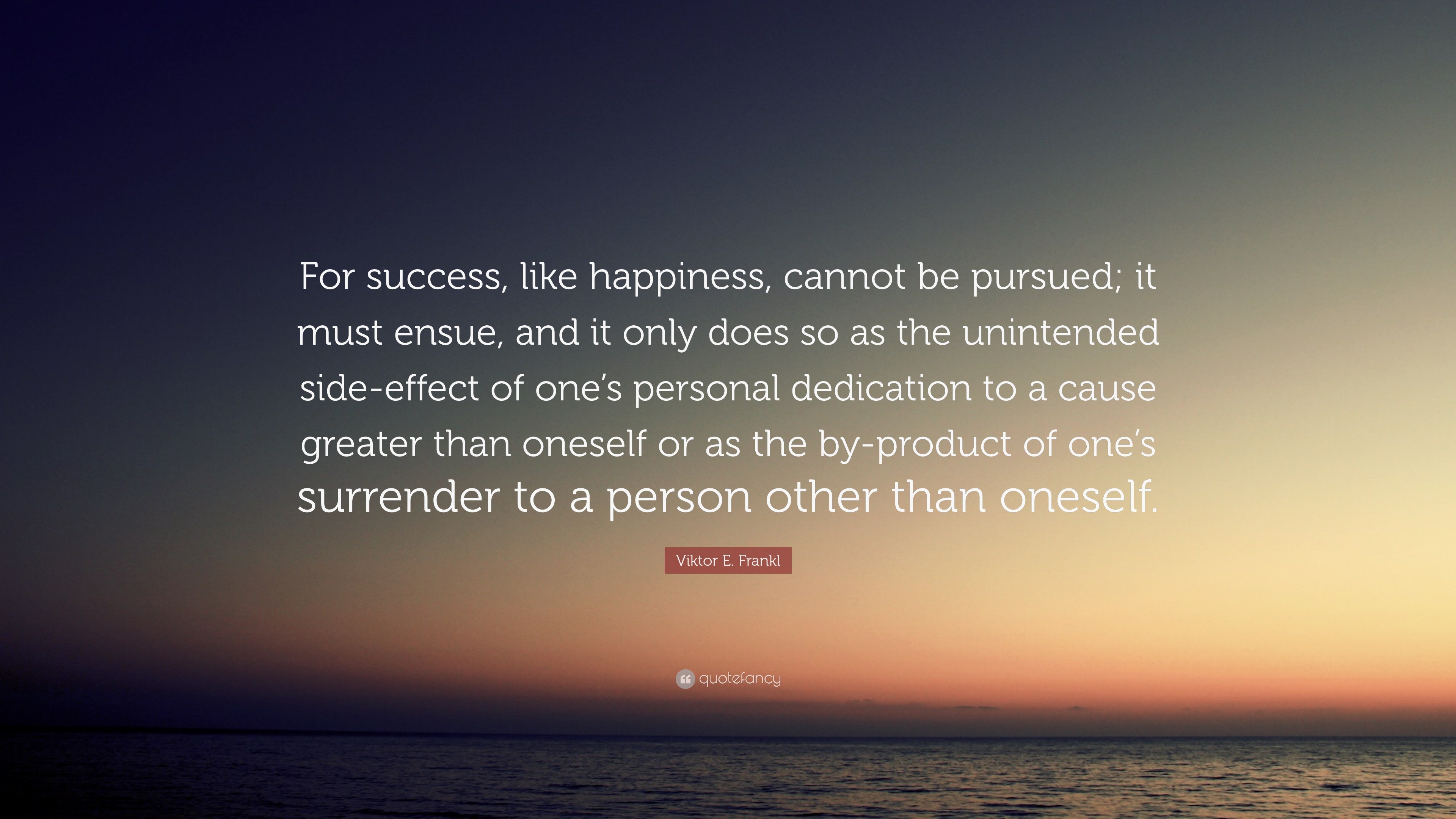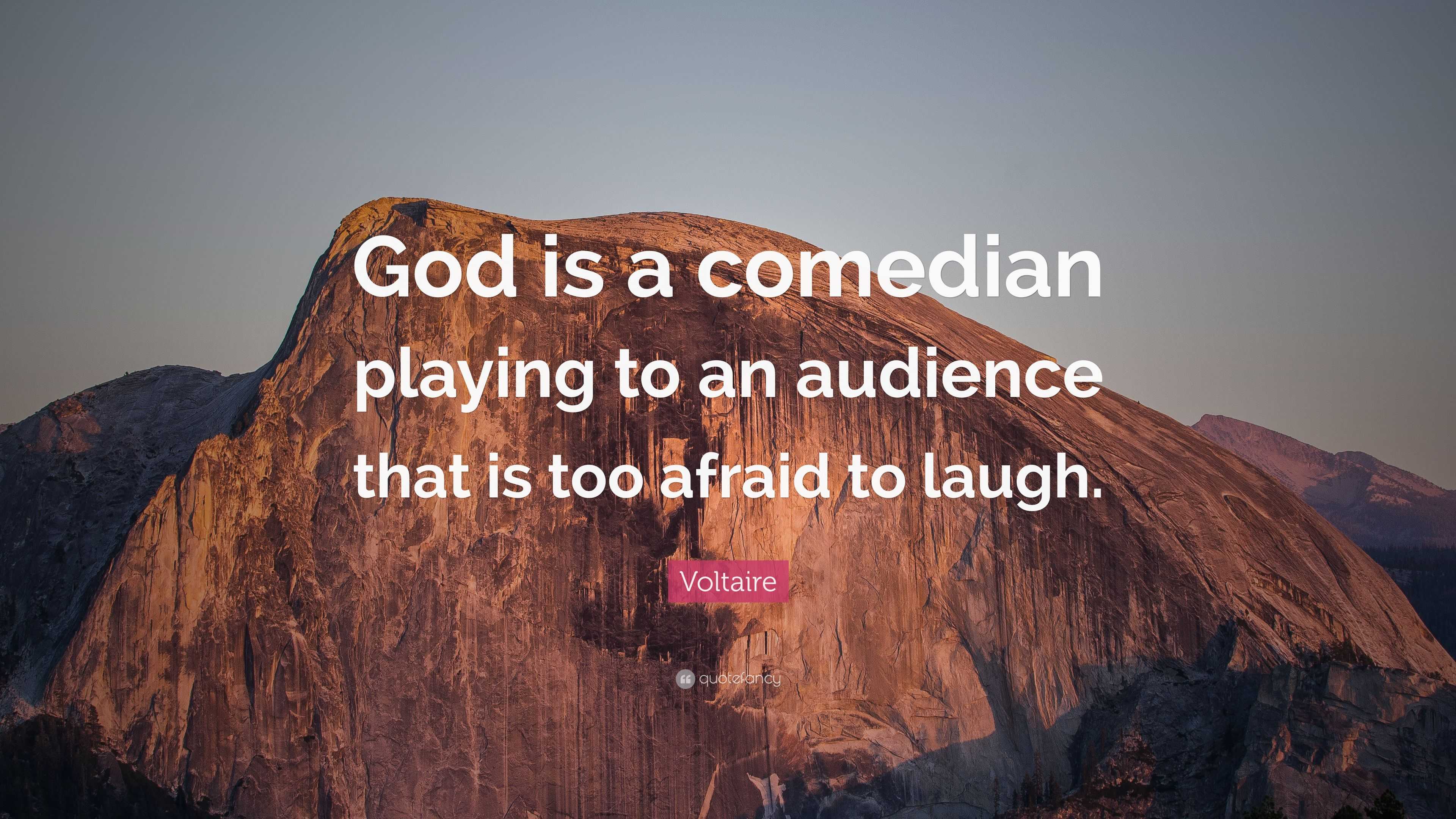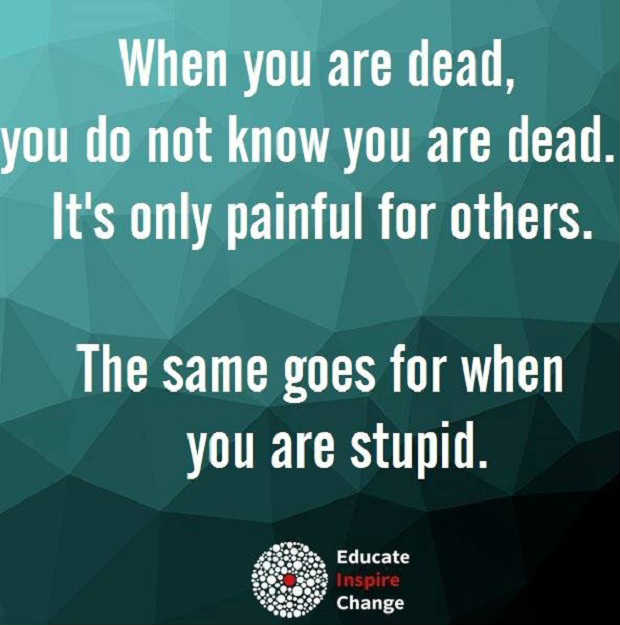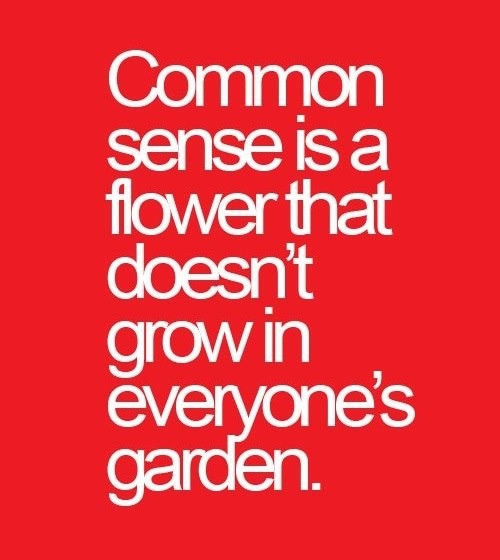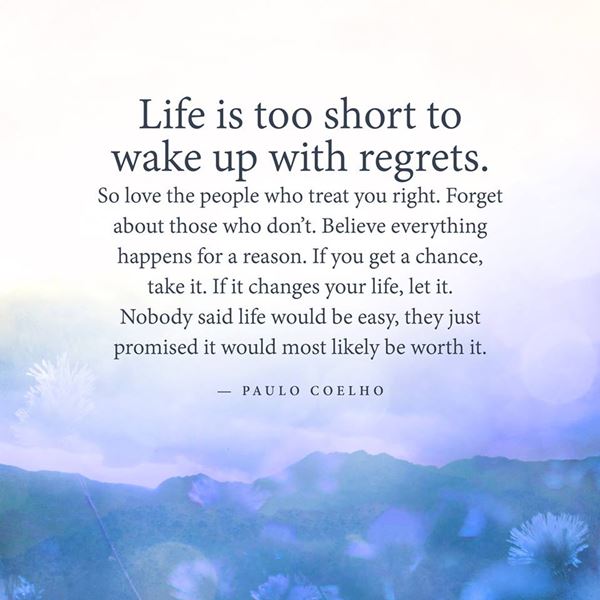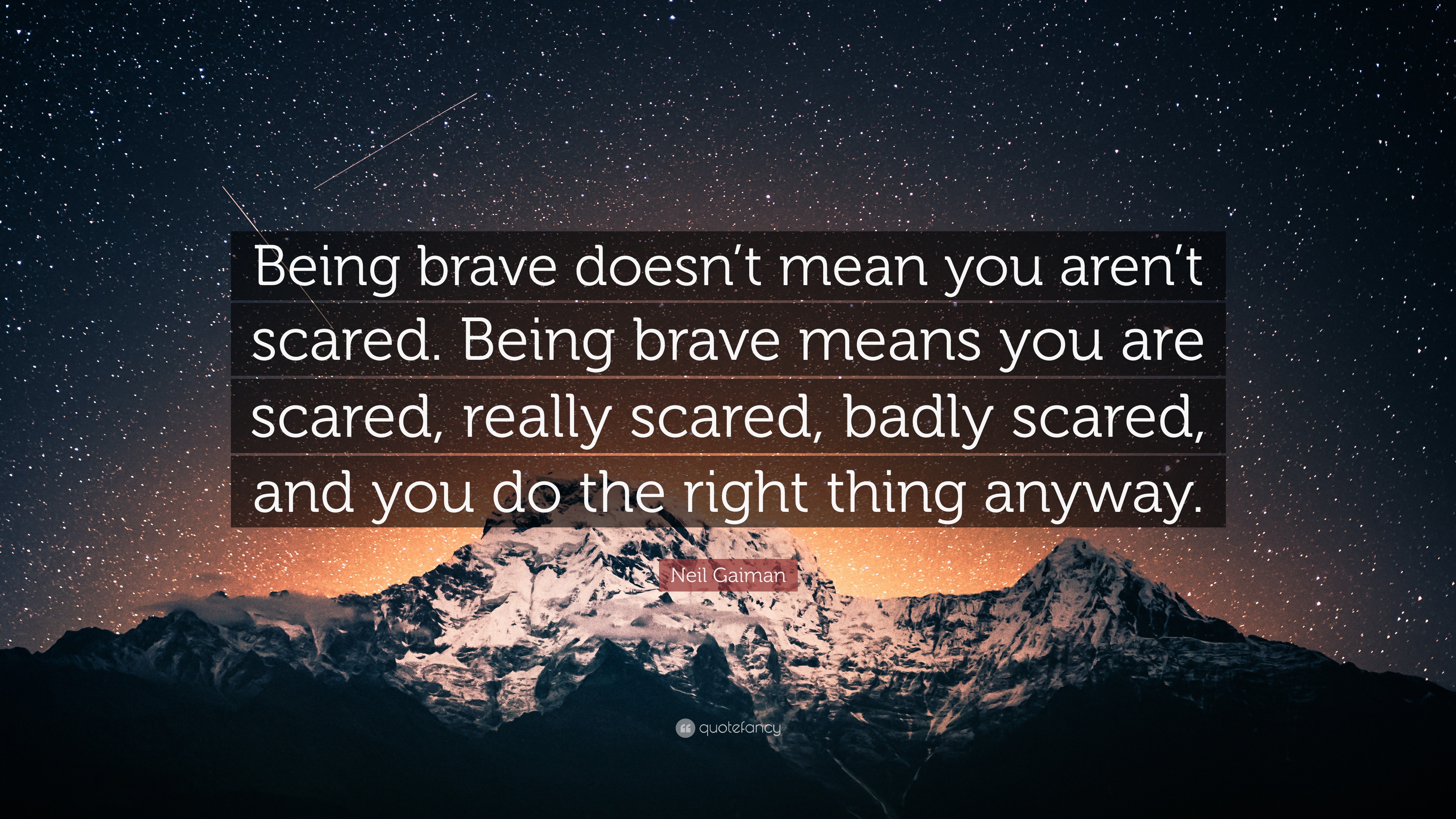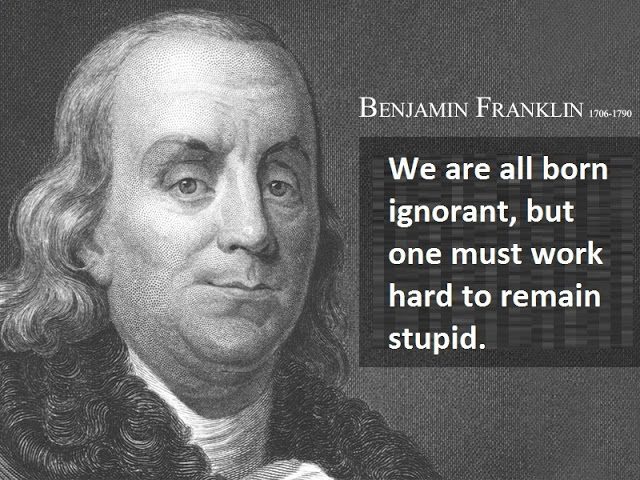


My most dearest Shosh and Jaialai:
These are tough times for our little family, but it too shall pass. Until then, we soldier on because that is what it means to live. No one promised any of us an easy life free of challenges, pain, and suffering. To think so would not only be foolish but ill-advised.
A recent study has shown the benefit — and necessity — of everyday stress and it being the key to a healthy old age. Allow me to quote the article in toto as the author expressed it far better than I. Read on below.
Until we meet, please hang in there. We are fighting tooth and nail to expose those who persecute us under color of authority and achieve justice for our family. Leave the fighting to us. You do you and become the best young adults possible. Read voraciously. Study hard. Be kind. Find joy wherever you may be.
All my love, always and forever,
Dad
——————————————————-
Why everyday stress could be the key to a healthy old age
Research indicates that low-level stress from moderate exercise or work can enhance our cognitive and physical abilities in later life
Sun 1 Jan 2023 12.00 GMT
Few words in the English language conjure up more negative emotions than stress. The mere mention of those six letters might elicit mental images of looming work deadlines, unpaid bills, the pressure of exams or tense family Christmases, to list just a few scenarios.
But what if I told you that stress can also be positive? That just as it can harm us, it also plays a key role in strengthening our immune system, forging connections in our brain that improve mental performance and building the resilience we need to navigate our way through the vagaries of life.
This first came to light through the work of an American psychiatrist called Firdaus Dhabhar, then a researcher at the Rockefeller University, New York, who was studying the connection between short-term stress and the immune system as part of the fight-or-flight response. In the mid-1990s, stress was viewed as almost unanimously bad for us, but to Dhabhar this was illogical. From a Darwinian perspective, the survival instincts of our animal ancestors would have been honed through repeated brushes with danger.
“It does not make sense that stress should always be a bad, harmful, negative entity,” he says. “The fight-or-flight stress response is essential for survival. A gazelle needs this response to escape the jaws and claws of a lion, just as a lion needs it to catch its meal. Mother Nature gave us this response to help us survive and thrive, not to kill us.”
Over the past 20 years, Dhabhar and others have shown that bouts of short-term stress can aid us in the modern world. A Ted Talk by Dhabhar, now a professor at the University of Miami, on the positive effects of stress has garnered 30,000 views on YouTube.
For example, the tension of an upcoming race helps prime the cardiovascular and musculoskeletal systems of athletes for optimum performance, while surveys have even found that the stress of needing to get work done alongside childcare means that parents are likely to be more productive home workers than singletons.
Both mild-to-moderate physical and mental stress stimulate the production of chemicals in the blood called interleukins, activating the immune system and making it more able to fight off infections, while stress can even affect the development of children before they are born. Babies born to mothers who experienced mild everyday stress during pregnancy had more advanced developmental skills by the age of two, compared with the children of mothers who had enjoyed a relatively relaxed, unstressful pregnancy.
There are also various ways to think about stress. As well as the pressure and tension inflicted by life events, different forms of exercise can be viewed as stress for the muscles, while various types of cognitive challenges can be considered as stress for the mind.
Use it or lose it
In January 2017, the French cyclist Robert Marchand made headlines by setting a new age group world record at a velodrome in Saint-Quentin-en-Yvelines. What was particularly remarkable about Marchand’s performance is that he had turned 105 a month earlier and his efforts made him the first centenarian ever to demonstrate improved cardiovascular health with age.
Exercise physiologists found that Marchand, who had begun serious competitive cycling in retirement at the age of 68, had an aerobic capacity for exercise – the gold standard means of measuring cardiovascular fitness – comparable to men aged 42 to 61, half a century younger than him.
Scientists researching healthy ageing now regard him as an indicator of what can be possible if we continue to apply manageable stress to our muscles, blood vessels and heart as we age. But most humans are not like Marchand. Many of us become progressively inactive as the years tick by, which exacerbates any age-related changes already taking place. As a result, if our muscles are not being stressed, their fibres slowly atrophy and we grow progressively weaker. The interaction between the nervous system and the muscles also becomes less efficient without regular use, slowing our reaction times and making us more vulnerable to falls.

“A muscle which is not activated really rapidly deteriorates in so many ways,” says Casper Søndenbroe, a scientist at Copenhagen University who studies the human neuromuscular system. “Muscles need to have this stimulus in order to maintain equilibrium. If you don’t have a strategy going into the latter parts of your life, when you reach 70 or 80 you’re likely to have some limitations with daily living because the functionality isn’t there.”
To illustrate this, Andy Philp, who heads the biology of ageing programme at the Centenary Institute in Sydney, explains that if an adult male spends five to seven days lying inactive in a hospital bed, they will lose about half a kilogram of muscle mass. But the difference between a 30-year-old and an 80-year-old is that the younger person’s body can recover and regenerate the lost muscle much more quickly.
A range of people between 100 and 118 showed similar cognitive abilities compared with the average 50- to 60-year-old
Søndenbroe has found that some forms of exercise-related stress are better than others for preserving muscle mass in later life. While some age-related deterioration is inevitable, as Marchand showed, it can be kept in check. One of the best ways of doing so is through resistance-based workouts, which involve training the muscles with weights or bands. Cycling is also considered a form of resistance training. “We’ve proved many times that this increases muscle size and muscle strength, so it is really effective,” says Søndenbroe.
Studies have also shown that people who remain active through sports or moderate exercise during middle age and later life are also less vulnerable to muscle decline.
Because of this, Søndenbroe is keen to urge people to do whatever kind of exercise they enjoy most. “The most important thing is that the best exercise is the one you actually get done,” he says. “So if you don’t like running high-intensity intervals, you shouldn’t do that. Find something that you enjoy.”
Cognitive reserve
Exercise does not stress the muscles alone: it is also a workout for the central nervous system, and even the mind.
There is a two-way interaction between the muscles and nerves that extend out of the spinal cord. When they contract, muscles send signals back towards the motor neurons, long, spindly cells that control motion, keeping them active and functioning efficiently. The increased blood flow aids with the removal of tau proteins – associated with Alzheimer’s disease – from the brain and cerebrospinal fluid, as well as stimulating neurons to produce a chemical called brain-derived neurotrophic factor, which protects neighbouring brain cells.
We know that our brain size decreases at a rate of about 5% a decade after the age of 40, with the rate of decline increasing once we pass 70. However, this shrinkage slows in older people who do regular aerobic exercise – forms of physical activity that get the blood pumping around the body, such as brisk walking, running, swimming and biking – to the extent that they have four fewer years of brain ageing.

Just as Marchand demonstrated that physical decline and frailty do not always have to come with age, studies of centenarians and supercentenarians – those who live past 110 – have illustrated that age-related cognitive decline is not always inevitable. Joyce Shaffer, a psychiatrist and behavioural scientist at the University of Washington, in Seattle, says a range of case studies between 100 and 118 demonstrated similar or even superior cognitive abilities compared with the average 50- to 60-year-old.
Other investigations have revealed the importance of incorporating a significant amount of mental stimulation into your daily routine, for as long as possible. For example, people who work a normal working week throughout their 50s and 60s are thought to be more resilient to cognitive decline than those who retire early. While challenging yourself by continuing to work or volunteer part-time, or attempting to learn a new skill in your eighth and ninth decades, may sound unnecessarily stressful, this kind of activity can keep your brain young.
“We’ve seen that people who started to take piano lessons in their 80s saw an improvement in brain function,” says Shaffer. “Staying on the job, or at least socially engaged in an activity, has a very good impact on maintaining function. There was a project in Baltimore where retired people went back into schools to tutor deprived students from low-income backgrounds who didn’t have much and they actually experienced improvements in cognition from doing that.”
One of the reasons for this is thought to be that short-term, brief stressful events stimulate stem cells in the brain to proliferate into new nerve cells, resulting in an improved mental performance.
We’ve evolved to be active and respond to different stimuli and if that’s taken away it accelerates negative processes
Andy Philp, Centenary Institute, Sydney
Given the spiralling rates of dementia predicted over the coming decades, interest in the connection between positive stress and health in later life is only going to grow. Teams of scientists around the world have plans to try to harness the beneficial properties of moderate stress across the realm of medicine, for example in enhancing healing and recovery after surgery. Researchers have shown that this can boost the safety and effectiveness of vaccines, while earlier this year a clinical trial conducted by Guy’s & St Thomas’ Charity found that exercise can help improve the efficacy of chemotherapy as well as negating some of the damaging impact it can have on the body.
But of course there is a fine line between too little and too much stress. The constant low-grade inflammation that results from chronic stress has been connected to obesity, heart disease, diabetes, depression, asthma and Alzheimer’s, among other things.
Philp describes moderate stress as being more like a pulse, where various molecular pathways and tissues in the body get stimulated, before returning to normal. “With chronic stress, these pathways get activated and then stay activated for a long time,” he says. “We see this in obesity and diabetes. The inflammatory response can’t be as agile and flexible as it normally would.”
But regular pulses of mild to moderate stress are thought to be crucial for the body to keep functioning healthily. “If you think about it, all our systems are in a resting state, and then a little bit of stress – changing the blood flow to the brain or contracting the muscles – will turn on different molecular pathways to deal with that,” says Philp. “We’ve evolved to be active and responding to different stimuli, and if that’s taken away, it accelerates negative processes.”
These realisations have meant that understanding the benefits of various types of stress – from exercise to having a continuing purpose in life – have become more and more important in the context of healthy ageing.


